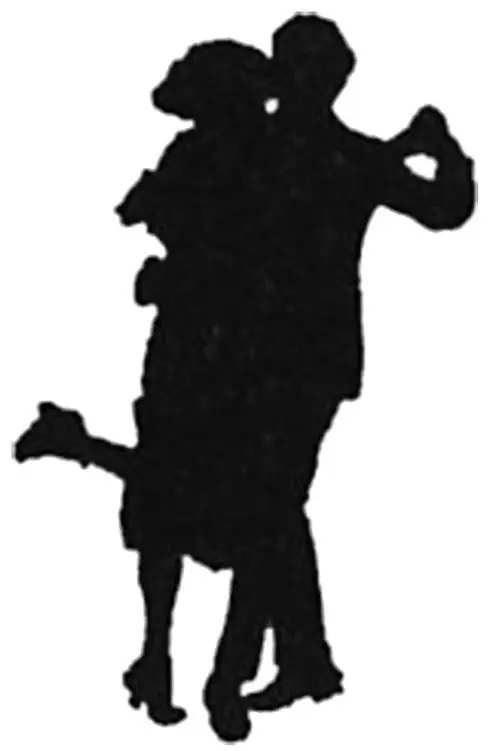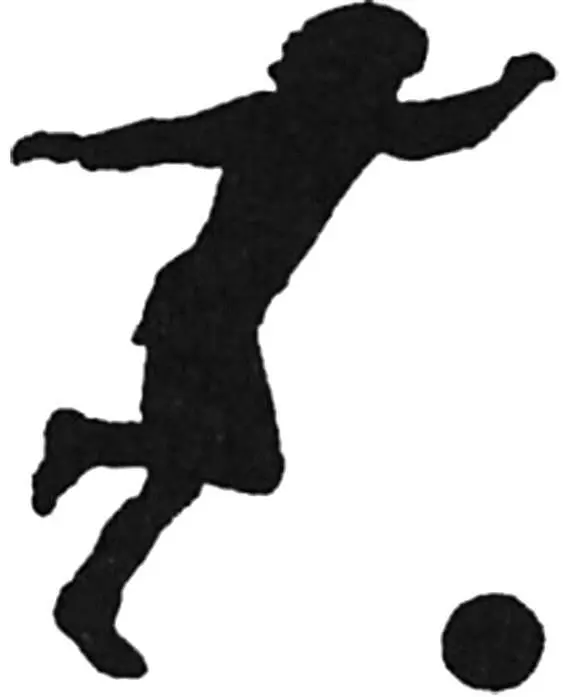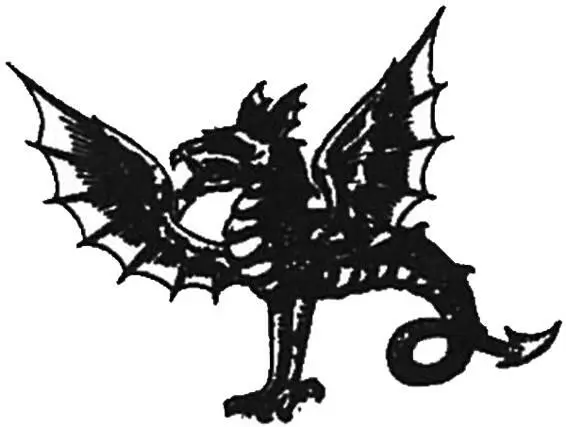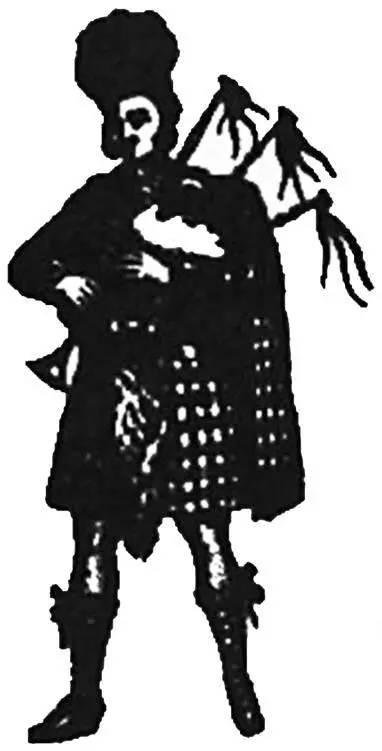Atlético of Madrid remains the foundation of his power and prestige, even though the team loses all too frequently. Managers do not last more than a few weeks. Jesus Gil y Gil seeks advice from his horse Imperioso, a snow-white and very sentimental stallion: “Imperioso, we lost.”
“I know, Gil.”
“Whose fault is it?”
“I don’t know, Gil.”
“Yes you do, Imperioso. It’s the manager’s fault.”
“So, fire him.”

In Germany the popular Volkswagen Beetle was dying, in England the first test tube baby was being born, in Italy abortion was being legalized. The first victims of AIDS, a disease not yet called that, were succumbing. The Red Brigades were killing Aldo Moro, and the United States was promising to give Panama back the canal it had stolen at the beginning of the century. Well-informed sources in Miami were announcing the imminent fall of Fidel Castro, it was only a matter of hours. In Nicaragua the Somoza dynasty was teetering, as was the Shah’s in Iran. The Guatemalan military was machine-gunning a crowd of peasants in the town of Panzós. Domitila Barrios and four other women from tin-mining communities were launching a hunger strike against Bolivia’s military dictatorship, and soon all Bolivia would be on a hunger strike: the dictatorship was falling. The Argentine military dictatorship, in contrast, was enjoying good health and, to prove it, was playing host to the eleventh World Cup.
Ten European countries, four from the Americas, plus Iran and Tunisia took part. The Pope sent his blessings from Rome. To the strains of a military march, General Videla pinned a medal on Havelange during the opening ceremonies in Buenos Aires’s Monumental Stadium. A few steps away, Argentina’s Auschwitz, the torture and extermination camp at the Navy School of Mechanics, was operating at full speed. A few miles beyond that, prisoners were being thrown alive from airplanes into the sea.
“At last the world can see the true face of Argentina,” crowed the president of FIFA to the TV cameras. Special guest Henry Kissinger predicted, “This country has a great future in all ways.” And the captain of the German team, Berti Vogts, who made the first kickoff, declared a few days later, “Argentina is a country where order reigns. I haven’t seen a single political prisoner.”
The home team won a few matches, but lost to Italy and drew with Brazil. To reach the final against the Netherlands, they had to drown Peru in a flood of goals. Argentina got more than they needed, but the massacre, 6–0, sowed doubt among skeptical fans and magnanimous ones alike. The Peruvians were stoned on their return to Lima.
The final between Argentina and the Netherlands was decided in extra time. The Argentines won 3–1 and in a way their victory was due to the patriotism of the post that saved the Argentine net in injury time. That post, which stopped a resounding blast by Rensenbrink, was never given military honors only because of the nature of human ingratitude. In any case, more important than the post, as it turned out, were the goals of Mario Kempes, an unbreakable bronco who liked to gallop over the grass carpeted in a snowfall of confetti, his shaggy mane flying in the wind.
When they handed out the trophies, the Dutch players refused to salute the leaders of the Argentine dictatorship. Third place went to Brazil, fourth to Italy.
Kempes was voted best player in the Cup and was also the leading scorer with six goals. Behind him came the Peruvian Cubillas and Rensenbrink of the Netherlands with five apiece.


Five thousand journalists from all over the world, a sumptuous media center, impeccable stadiums, gleaming new airports: Argentina was a model of efficiency. Veteran German reporters confessed that the ’78 World Cup reminded them of the ’36 Olympics in Berlin when Hitler pulled out all the stops.
The cost was a state secret. Many millions of dollars were spent and lost — how many, it was never known — so that the smiles of a happy country under military tutelage would be broadcast to the four corners of the earth. Meanwhile, the top brass who organized the World Cup carried on with their plan of extermination, for reasons of war or just to be sure. “The final solution,” as they called it, murdered thousands of Argentines without leaving a trace — how many, it was never known. Anyone who tried to find out was swallowed up by the earth. Curiosity, like dissent, like any question, was absolute proof of subversion. The president of the Argentine Rural Society, Celedonio Pereda, declared that thanks to soccer, “there will be no more of the defamation that certain well-known Argentines have spread through the Western media with the proceeds from their robberies and kidnappings.” You could not criticize the players, not even the manager. The Argentine team stumbled a few times in the championship, but local commentators were obliged to do nothing but applaud.
To make over its international image, the dictatorship paid an American public relations firm half a million dollars. The report from the experts at Burson-Marsteller was titled What Is True for Products Is Also True for Countries . Admiral Carlos Alberto Lacoste, the strongman of the World Cup, explained in an interview: “If I go to Europe or to the United States, what will impress me most? Tall buildings, huge airports, terrific cars, fancy candies…”
The Admiral, an illusionist skilled at making dollars evaporate and sudden fortunes appear, took the reins of the World Cup after the previous officer in charge was mysteriously assassinated. Lacoste managed immense sums of money without any oversight, and because he wasn’t paying close attention, it seems he ended up keeping some of the change. Even the dictatorship’s own finance minister, Juan Alemann, took note of the squandering of public funds and asked a few inconvenient questions. The Admiral had the habit of warning: “Don’t complain if later on somebody plants a bomb…”
A bomb did explode in Alemann’s house at the very moment when Argentineans were celebrating their fourth goal against Peru.
When the Cup was over, in gratitude for his hard work, Admiral Lacoste was named vice president of FIFA.

It happened at the World Cup in 1978. The Netherlands, which was doing well, was playing Scotland, which was doing poorly.
Scottish player Archibald Gemmill got the ball from his countryman Hartford and kindly asked the Dutch to dance to the tune of a lone bagpiper.
Wildschut was the first to fall, his head spinning, at Gemmill’s feet. Then Gemmill left Suurbier reeling in the dust. Krol had it worse: Gemmill put it between his legs. And when the keeper Jongbloed came at him, the Scot lobbed the ball over his head.
It also happened at the ’78 World Cup. Italy defeated the home team 1–0.
The play that set up Italy’s goal drew a perfect triangle on the playing field: inside, the Argentine defenders were left as lost as blind men in a shootout. Antognoni slid the ball over to Bettega, who slapped it toward Rossi, who had his back to him. Rossi returned it with a backheel while Bettega infiltrated the box. Bettega then overpowered two players and beat the keeper Fillol with a tremendous left.
Читать дальше
















